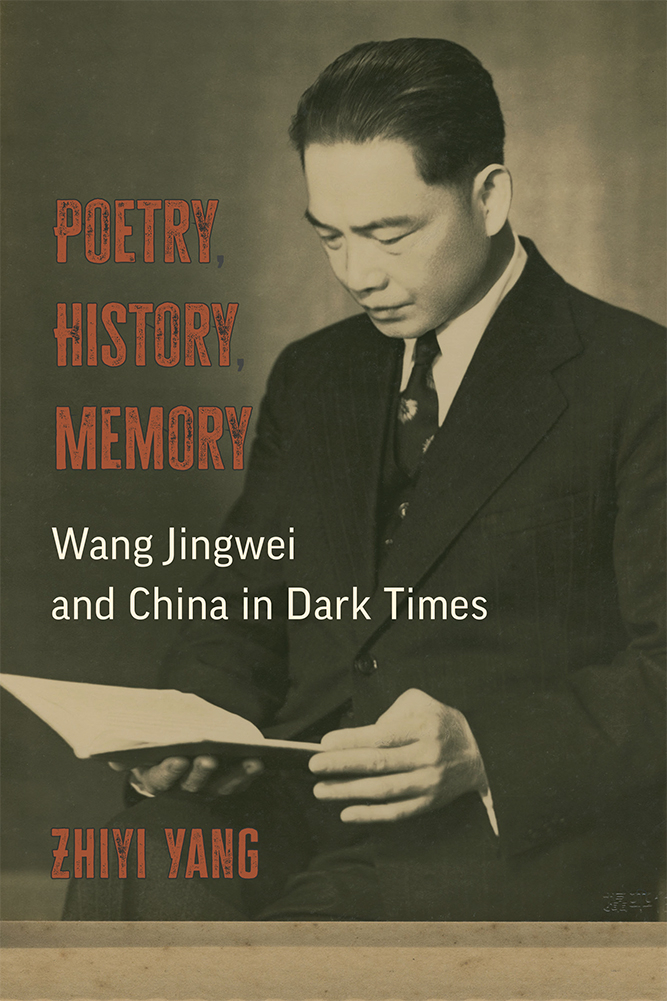#埴轮书话[超话]# 评《Poetry, History, Memory: Wang Jingwei and China in Dark Times》
★★★★★
如果说本书第一部分从文人政治家在新旧时代转换期的挫折入手,略加结合诗词作成一篇还原真实历史地位、探索心路历程的人物简传,新意尚且有限的话。第二部分各章则层层推进,鞭辟入里,先以《舟夜》为例剖析汪氏文学创作中的复杂主体性,揭示其中开放的阐释空间,再抓住刺客形象中流动的符号能指,将研究对象扩大到整个通敌者群体,最后在后屠杀的时间断层下,挖掘他们内心的道德困境。后记移步当代记忆之场,指出在政治审查和叙事垄断之下,碎片化的记忆依然萦绕不去,借鉴法国经验,展望一条反思与和解的归途。本书既通过以汪兆铭为中心的通敌者群体研究,参与全球二战记忆文化研究的对话,尤其是涉及记忆审查、正义与宽恕、遗忘与和解的话语框架,又充分利用相对被忽视的现代诗词作品,探索政治家文学创作中的复杂主体性,为古典文学诠释学注入了新的资源和维度。在上述两个领域,本书均为后续研究树立了典范,
最后再援引本书导言部分的一段话:
Reading Wang Jingwei’s writings, including his poetry, is an intrinsic part of this process of mnemonic justice, as it allows the defendant to speak in his own voice in the court of history. Only after the justice of memory is served may we finally reach a happier memory: a more confident memory capable of forgiving and forgetting.……By writing a book on Wang Jingwei, a man whose purported “sacrifice” is highly contested, I wish to convey a sense of compassion for imperfect lives lived and lost, under historical circumstances darker than ours. “Dark times” (finstere Zeiten) is a term that Hannah Arendt has borrowed from Brecht’s poem “To Posterity” (An die Nachgeborenen). It refers to the concealment of the truth in public realm emanated from and spread by systematic and institutional forces. In such times, entering public life, in whichever capacity, inevitably means moral contamination. And yet, “the uncertain, flickering, and often weak light” that some men and women kindle may still illuminate their world for the sake of the later-born. Wang Jingwei’s failure to emerge gloriously out of the darkness was perhaps one of the most human stories of his time. His poetry serves as his dubious monument.

